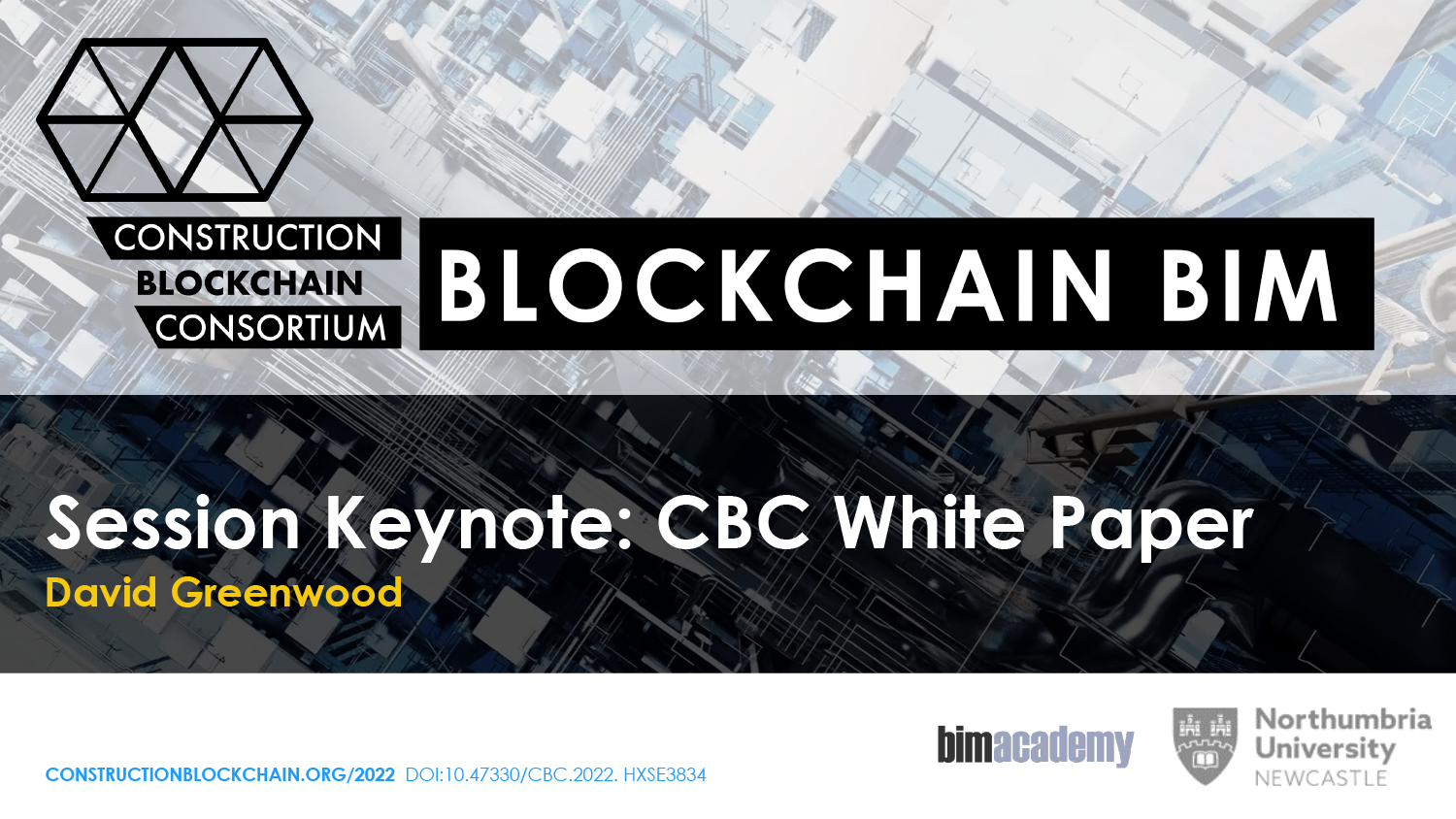Difference between revisions of "Exam Question: Smart 'Legal' Contracts, discuss"
| Line 5: | Line 5: | ||
[[Category:Conferences]] | [[Category:Conferences]] | ||
| − | [[CBC 2022]] presentation by [[Gavin Johnson]]. https://doi.org/10.47330/CBC.2022.NTAS4551 | + | [[CBC 2022]] presentation by [[Gavin Johnson]]. https://doi.org/10.47330/CBC.2022.NTAS4551 | Watch [[File:VideoRecord-Icon.png |Left|22px|link=https://youtu.be/jUy2YLR3tf8]] | [[File:Slides-Icon.png |Left|30px|link=https://www.dropbox.com/]] |
| Line 15: | Line 15: | ||
The challenges to implementing smart legal contracts are many: who drafts the contracts, who 'code-ifies' the terms, who checks the coded terms match the contract and the intention of the terms, what if the parties operate by custom not by strict contract, how are 'reasonable' acts determined, the list goes on. However, the benefits of smart legal contracts are also many: greater certainty in the relationship between parties, clarity on obligations and the extent of a party's responsibilities, simplified contract administration, simplified project management, faster settlement of obligations and exchanges of value, automated, faster and cost effective dispute resolution, the list goes on. | The challenges to implementing smart legal contracts are many: who drafts the contracts, who 'code-ifies' the terms, who checks the coded terms match the contract and the intention of the terms, what if the parties operate by custom not by strict contract, how are 'reasonable' acts determined, the list goes on. However, the benefits of smart legal contracts are also many: greater certainty in the relationship between parties, clarity on obligations and the extent of a party's responsibilities, simplified contract administration, simplified project management, faster settlement of obligations and exchanges of value, automated, faster and cost effective dispute resolution, the list goes on. | ||
The smart legal contract space represents a fascinating opportunity to blend technologies together, if we can agree on the terms! | The smart legal contract space represents a fascinating opportunity to blend technologies together, if we can agree on the terms! | ||
| − | |||
| − | |||
| − | |||
| − | |||
| − | |||
| − | |||
=Keywords= | =Keywords= | ||
| − | [[ | + | [[Legal]], [[Governance]], [[Smart Contracts]]. |
| − | |||
| − | |||
| − | |||
Revision as of 17:03, 21 March 2023
CBC 2022 presentation by Gavin Johnson. https://doi.org/10.47330/CBC.2022.NTAS4551 | Watch
Abstract
DLT, blockchain, smart contracts, tokens, NFTs and the law (as it stands) have been explored in considerable detail, in particular by the CBC members. That exploration will continue as new use cases and reimagined applications are developed and implemented. Another facet that is gradually gaining attention is the concept of "smart legal contracts". Smart legal contracts may be distinguished from smart contracts in many ways. For the purposes of this presentation: a smart contract may be described as an execution of a transfer of value on the occurrence of a specific predetermined condition or conditions being fulfilled (think of a future sale, where the transfer is executed on a certain price being achieved); whereas, a smart legal contract may be described as the implementation of automated digital contracts that govern the operation of a contractual relationship between two, or more, parties (think of the rules of a game, where some things you are not allowed to do). A simply contract may be: an event within an ecosystem compared to the ecosystem itself. The challenges to implementing smart legal contracts are many: who drafts the contracts, who 'code-ifies' the terms, who checks the coded terms match the contract and the intention of the terms, what if the parties operate by custom not by strict contract, how are 'reasonable' acts determined, the list goes on. However, the benefits of smart legal contracts are also many: greater certainty in the relationship between parties, clarity on obligations and the extent of a party's responsibilities, simplified contract administration, simplified project management, faster settlement of obligations and exchanges of value, automated, faster and cost effective dispute resolution, the list goes on. The smart legal contract space represents a fascinating opportunity to blend technologies together, if we can agree on the terms!

